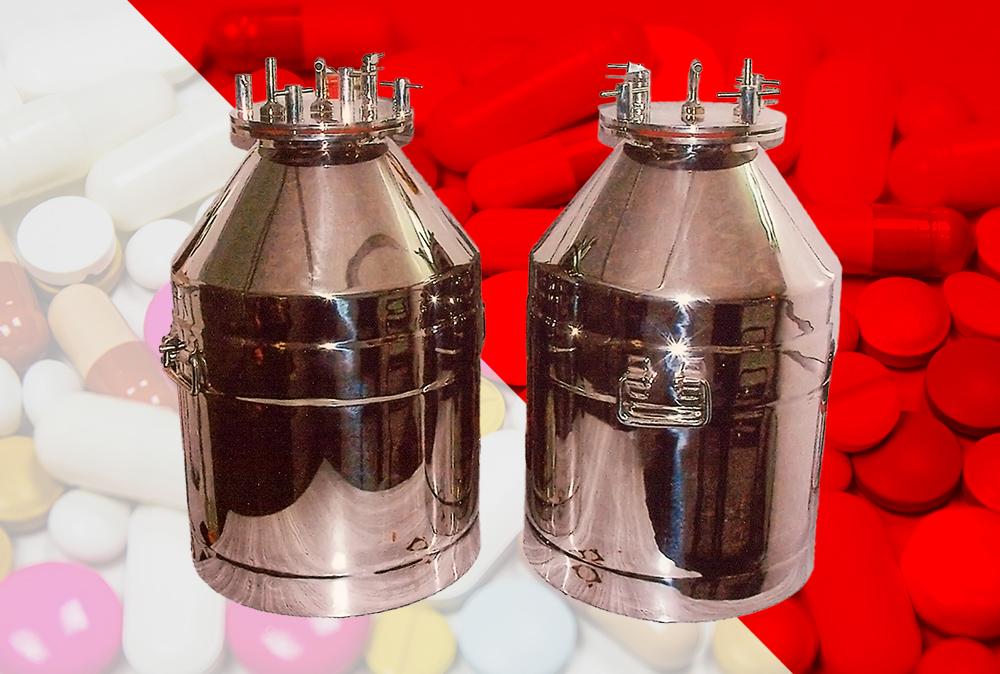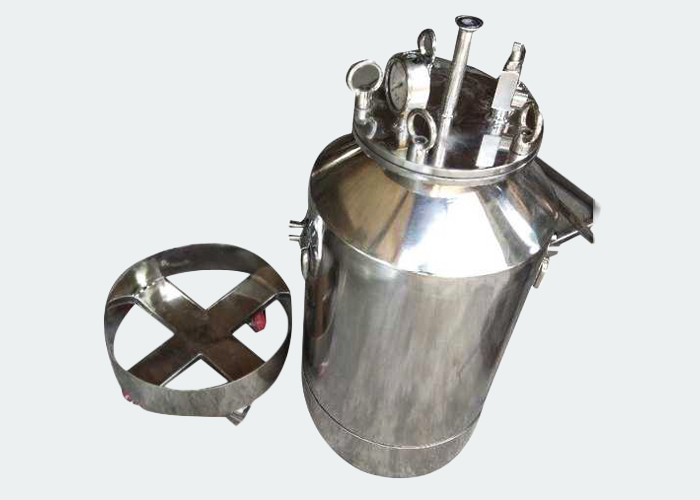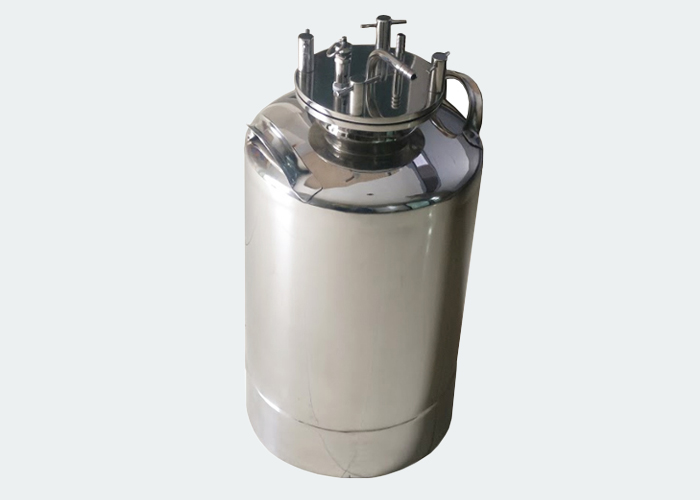SS316 Liquid Pressure Vessel
Generally, a pressure vessel is a storage tank or vessel that has been designed to operate at pressures above 15 p.s.i.g. Pressure Vessels are containers which are designed to hold liquids, vapors, or gases at high pressures, usually above 15 psig. Examples of common pressure vessels used in the petroleum refining and chemical processing industries include, but are not limited to, storage tanks, boilers, and heat exchangers.
Pressure vessels used in process industry are to be leak-tight pressure containers. The substance inside the pressure vessel can undergo change of phase such as water to vapour etc. In the reactor pressure vessels, the substance can mix with some other chemical substance for the required chemical reaction to take place. These types of conditions in the pressure vessel require the safety of the vessel for preventing the possible bursting or cracking and spoiling of the entire operation of the manufacturing process.
Technical Importance
Pressure vessel fabrication is an extremely complicated process. It is a detailed and precise process. It involves the controlled cutting, forging or rolling, bending, welding and assembling processes of metals for vessel fabrication.
Due to the pressure acting on the pressure vessel, there is a chance for the contained fluid to leak out which can cause serious accident and loss of life. For this reason, the design, fabrication and testing techniques for the pressure vessels are controlled by the regulatory provisions. Further, all the pressure vessels used in the industries are to be certified by the regulatory agencies.
Spherical pressure vessels are normally used as storage tanks, and are recommended for storing large volumes. Since the spherical shape is the ‘natural’ form which the materials normally adopt when subjected to internal pressure, and hence spherical vessels are the most economical way for the storage of the pressurized fluids. However, the manufacture of these vessels is much more complicated and expensive compared the cylindrical pressure vessels.




